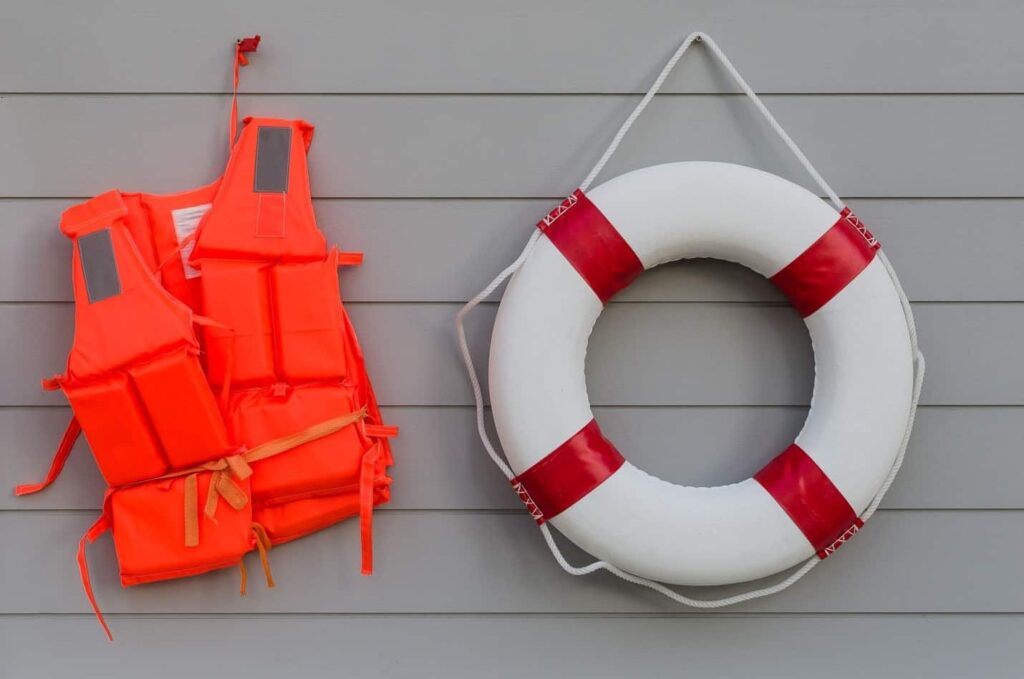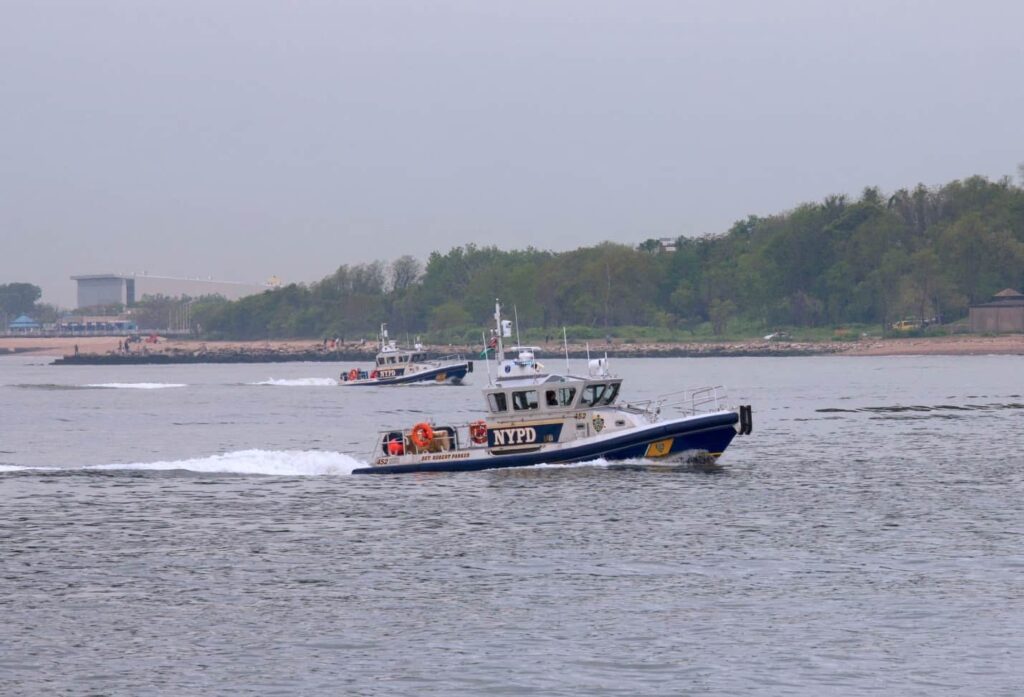Colorado Gun Laws: What You Need to Know About Concealed Carry
June 25, 2025

Will Governor’s Focus on Painkiller Abuse Lead to More DUIDs in Colorado?
How to Handle Your Alcohol Evaluation
Posted by: Jacob E. Martinez
Category: BUI
As a responsible citizen, you are probably well aware of all the consequences associated with driving under the influence in Colorado. Not only does drinking and driving impair your ability to safely perform driving tasks such as steering and reacting to emergency situations, driving while intoxicated is highly illegal. Anyone who’s been arrested for a DUI before can assure you of the harshness of the legal consequences—there’s license suspension, heavy fines, and even jail time.
However, even if you know about those penalties, you may not be aware of the dangers and legal penalties that follow boating under the influence. Boating while intoxicated is just as dangerous as drinking while intoxicated—if not more so—and carries many of the same legal repercussions.
Every year, more than 1,000 people die in boating accidents, more than half of which involve alcohol.Click To Tweet In terms of fatality rates, recreational boating accidents are second only to highway car crashes. A rise in alcohol-related boating injuries and fatalities has prompted Colorado to enact boating under the influence (BUI) laws. Under state law, it’s illegal to operate a boat under the influence, and you may be charged with a BUI if your blood alcohol content is .08 or higher— just as you would if you were found operating a car. BUI laws extend to all types of watercrafts, from yachts to paddleboats.What makes boating under the influence so dangerous? There are several factors associated with boating and drinking that make this behavior even more dangerous than driving and drinking in some cases.
Lack of traffic signals and signs. Thousands of locals and visitors head to Colorado’s beautiful lakes and reservoirs every summer, eager for a relaxing weekend on the water. Our crowded waterways can become incredibly chaotic very quickly, since there are no traffic signals, stop signs, lanes, or speed limits. It is challenging enough to avoid accidents in this kind of environment while completely sober—add alcohol to the mix, and accidents become even more likely.
Difference in design. Unlike motor vehicles, most boats are steered from the rear and do not have breaks. Because of these differences in design, many people who are unfamiliar or unused to operating boats are more prone to making errors and crashing, especially if they’ve been drinking.
Boater’s hypnosis. The phenomenon of boater’s hypnosis—sometimes referred to as boater’s fatigue—occurs when boaters are exposed to motion, noise, vibration, sun, and wind on the water. The combination of these factors can result in slowed reaction time for boaters, and the addition of alcohol can intensify the effect. Even if you haven’t been drinking heavily, you are likely to feel drunker more quickly on a boat, making accidents probable.
Swimming disorientation. When swimmers get water in their ears, this often causes them to become disorientated—a sensation that is aggravated if they’ve been consuming alcohol. If you jump into the water to cool off or fall out of the boat without a life jacket, your risk of drowning is increased if you’ve been drinking.
Ignorance of boating laws. Many boaters—residents and visitors alike—are unfamiliar with local boating laws, which prohibit nighttime operation and sets the minimum age to operate a boat at 16 with certain exceptions. Local laws also require all boat operators and passengers to wear approved life jackets. However, many boaters do not take the time to familiarize themselves with boating laws or choose to disregard them, making the waterways more dangerous for themselves and those around them.
If safety concerns aren’t enough to dissuade you from boating and drinking, the legal consequences might. Colorado has strengthened its BUI laws in recent years, reducing the blood alcohol content limit for boat operators from .10 to .08—the legal BAC limit for motor vehicle operators. Local legislation has also made it so you can be arrested for drinking while operating any kind of watercraft, including motorboats, jet skis, sailboats, kayaks, rafts, and canoes.
If you are caught boating under the influence, you are facing severe penalties very similar to those of a DUI. Consequences for first-time offenders may include up to six months in jail, up to $1,000 in fines, up to two years of probation, and a three-month boating ban.
After being charged with a BUI, it’s important to consult with an experienced Denver criminal defense attorney as soon as possible if you want to avoid harsh penalties. You still have legal rights, and a skilled attorney with a successful track record can help you protect them, while working to have your BUI charge reduced or dropped.
About the Author:
Denver-based criminal defense and DUI attorney Jacob E. Martinez is a knowledgeable and experienced litigator with a record of success providing innovative solutions to clients facing criminal charges of any severity. Mr. Martinez has been designated a Top 100 Trial Lawyer by the National Trial Lawyers and has been awarded both the Avvo Client’s Choice Award and Avvo Top Attorney designation, evidencing his reputation for his exemplary criminal and DUI defense work and high moral standards.
Jury Trial - Not Guilty
Jury Trial - Not Guilty
Arapahoe 1st Degree Assault/Vehicular Assault
Jury Trial - Not Guilty
Denver Domestic Violence Assault Case
Jury Trial - Not Guilty
Denver D.V. Assault
Jury Trial - Not Guilty
Denver Careless Driving Resulting in Death
Jury Trial - Not Guilty
Jefferson County Felony Menacing
Jury Trial - Not Guilty
Adams County DUI
Jury Trial - Not Guilty
Jefferson County DUI
Jury Trial - Not Guilty
Jefferson County DUI
Jury Trial - Not Guilty
Jefferson Vehicular Assault/DUI
Jury Trial - Not Guilty
Jefferson County DUI
Jury Trial - Not Guilty
Boulder County DUI case
Jury Trial - Not Guilty
Arapahoe County DUI case
Jury Trial - Not Guilty
Adams County DUI case
Jury Trial - Not Guilty
Douglas County DUI case
Jury Trial - Not Guilty
Gilpin County DUI case
Dismissed
Broomfield County Probation Revocation case
Dismissal
Arapahoe County DUI case
Deferred Judgment
Arapahoe County DUI case
Deferred Judgment
Douglas County DUI case
Deferred Judgment
Larimer County DUI case
Deferred Judgment
Arapahoe County DUI Case
Deferred Judgment
Denver Felony Burglary Case
Deferred Judgment
Arapahoe County DUI case
Dismissed
Arapahoe County Protection Order Case
Dismissed
Golden Destruction of Property case
Dismissed
Jefferson County Protection Order case
Dismissed
Jefferson County Domestic Violence case
Dismissed and Sealed
Jefferson County DUI case
Dismissed
Denver Major Traffic Offense case
Dismissed and Sealed
Broomfield County Domestic Violence case
Dismissed
Summit County DUI Revocation
Dismissed
Denver DUI Revocation
Dismissed
Denver DUI Revocation
Dismissed
Denver DUI +.2 Involving Accident and Injury case
Dismissed
Denver DUI/Habitual Traffic Offender case
DISMISSAL
Denver District Aggravated Theft
Dismissed
Greenwood Village Assault case
Dismissal
Elbert County DUI
Dismissed
Arapahoe County Domestic Violence case
Dismissal
Jefferson County DUI
Dismissal
Denver Municipal Assault
Dismissed
Boulder County Domestic Violence Assault case
Dismissed
Wheat Ridge Assault case
Dismissed
Jefferson County DUI case, with 2+ Prior Convictions
Dismissed
Arapahoe County Domestic Violence case
Dismissed
Broomfield County Domestic Violence case
Dismissed with No Charges Filed
Jefferson County Felony Theft case
Dismissed
Arapahoe County Felony Theft case
Dismissed
Boulder County Felony Theft case


